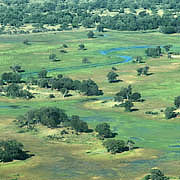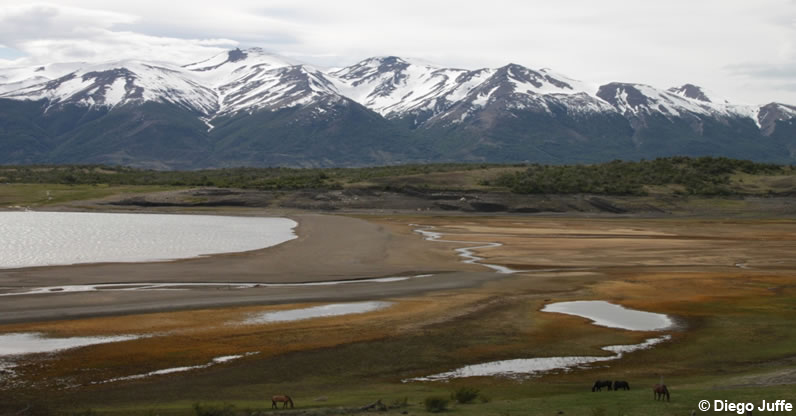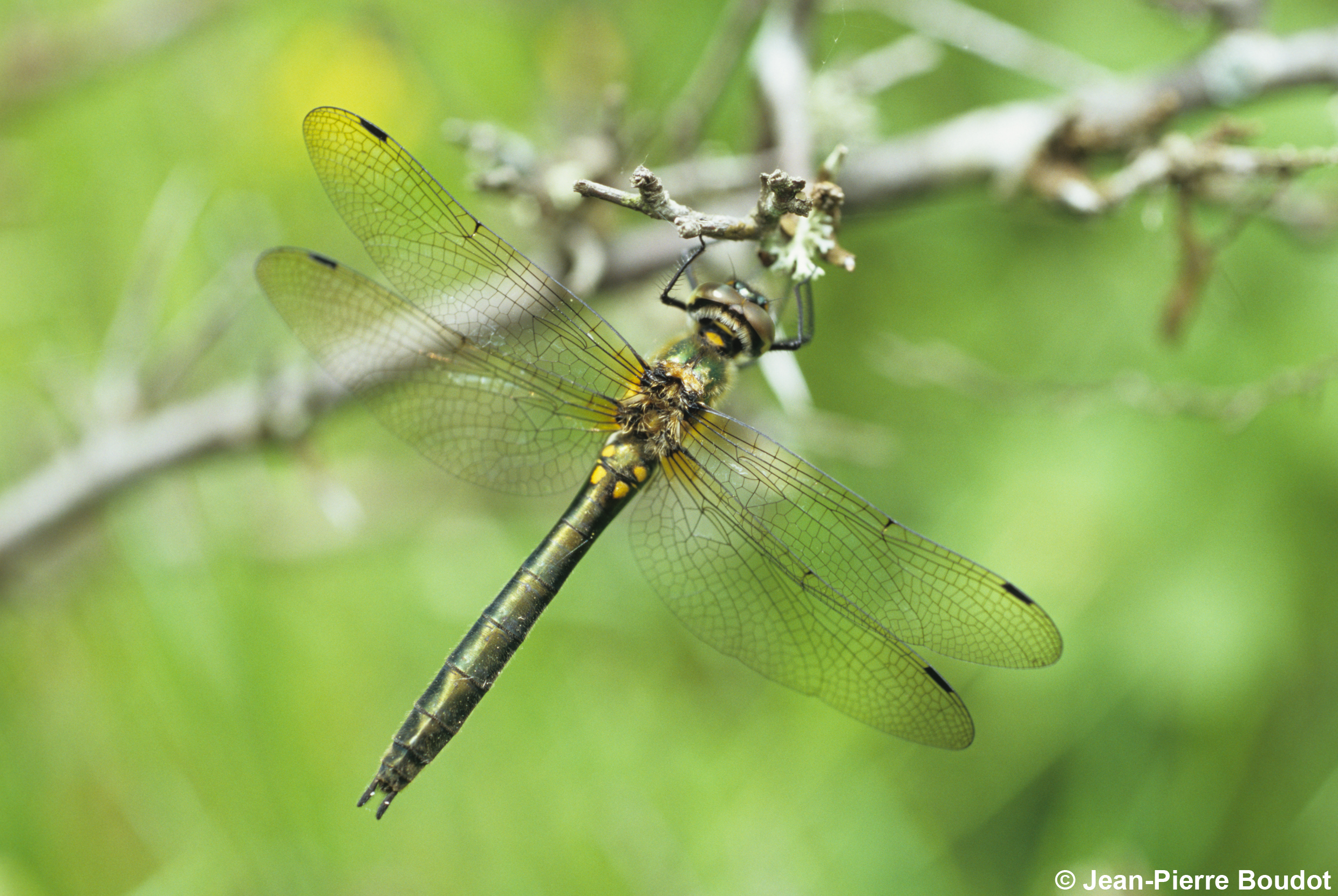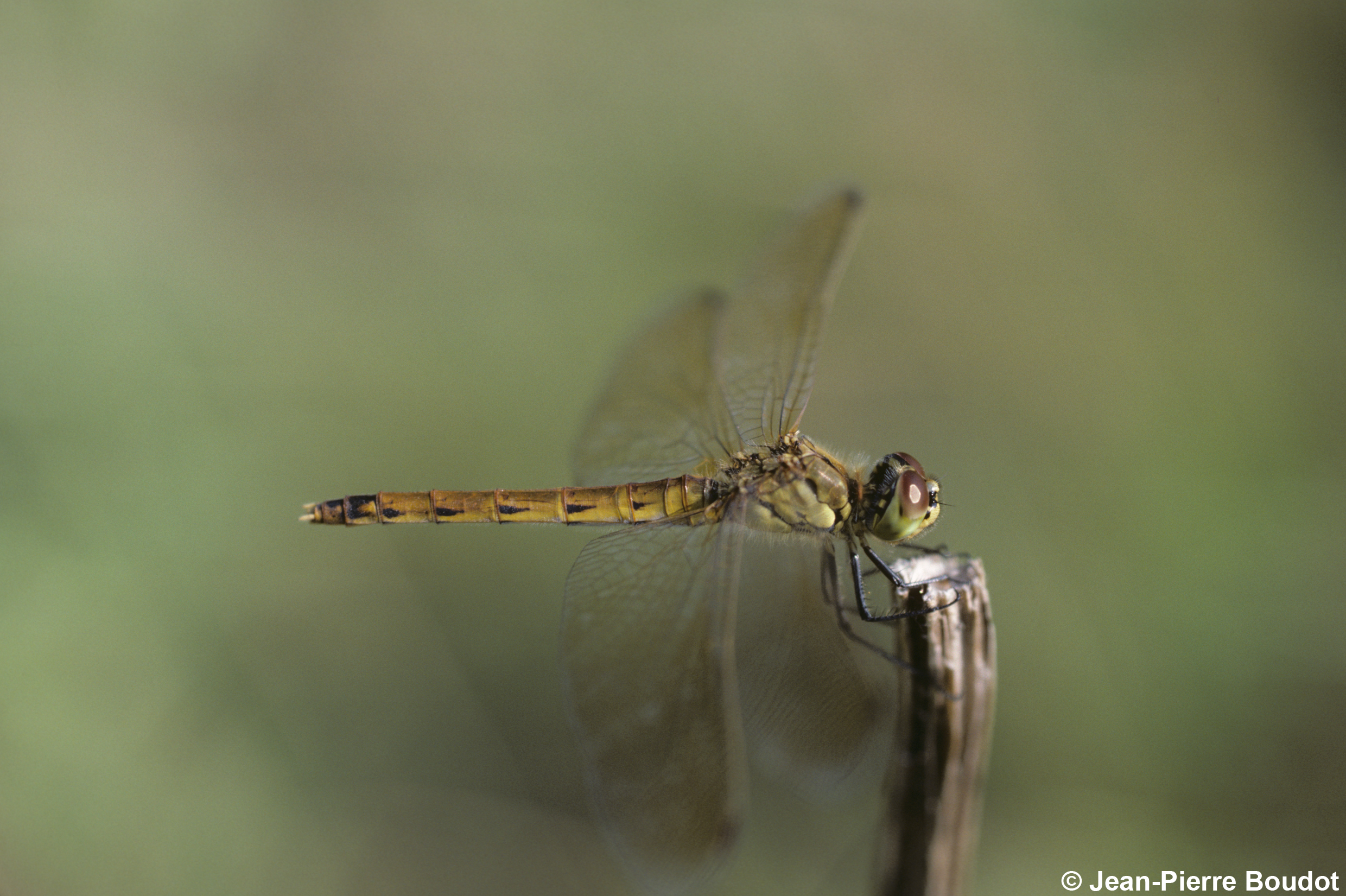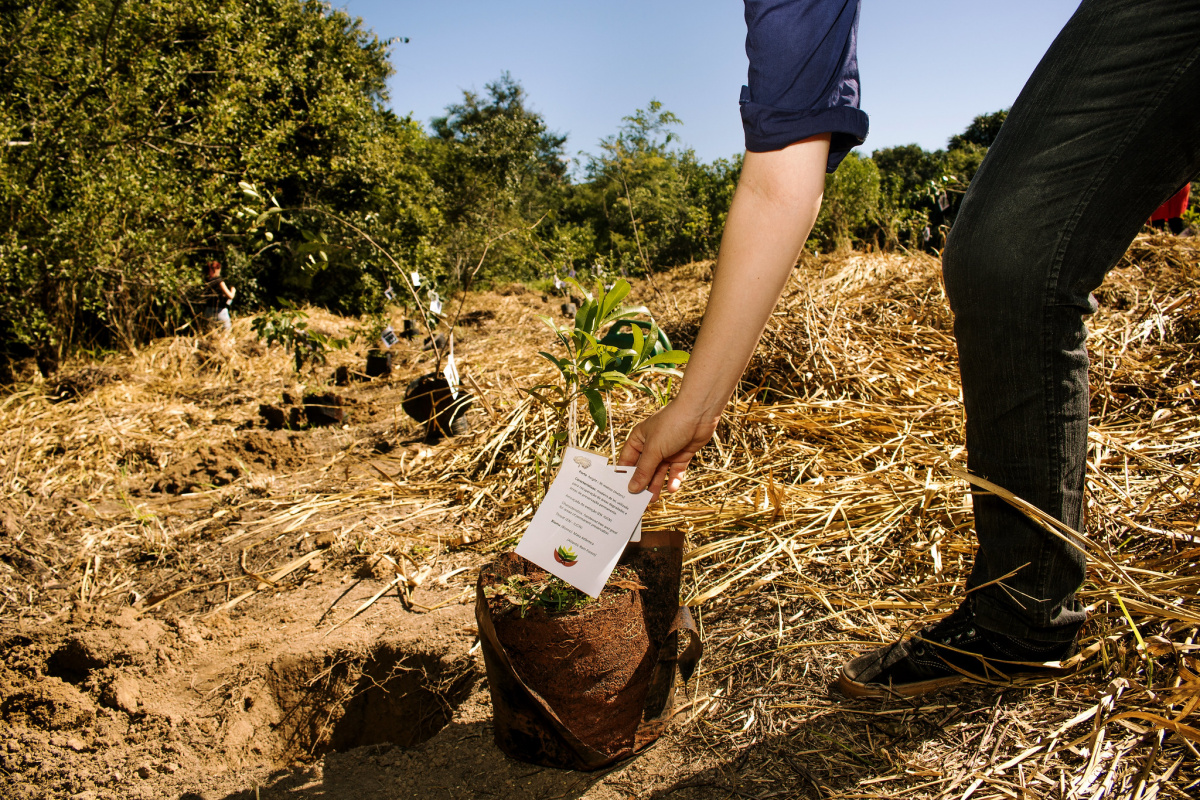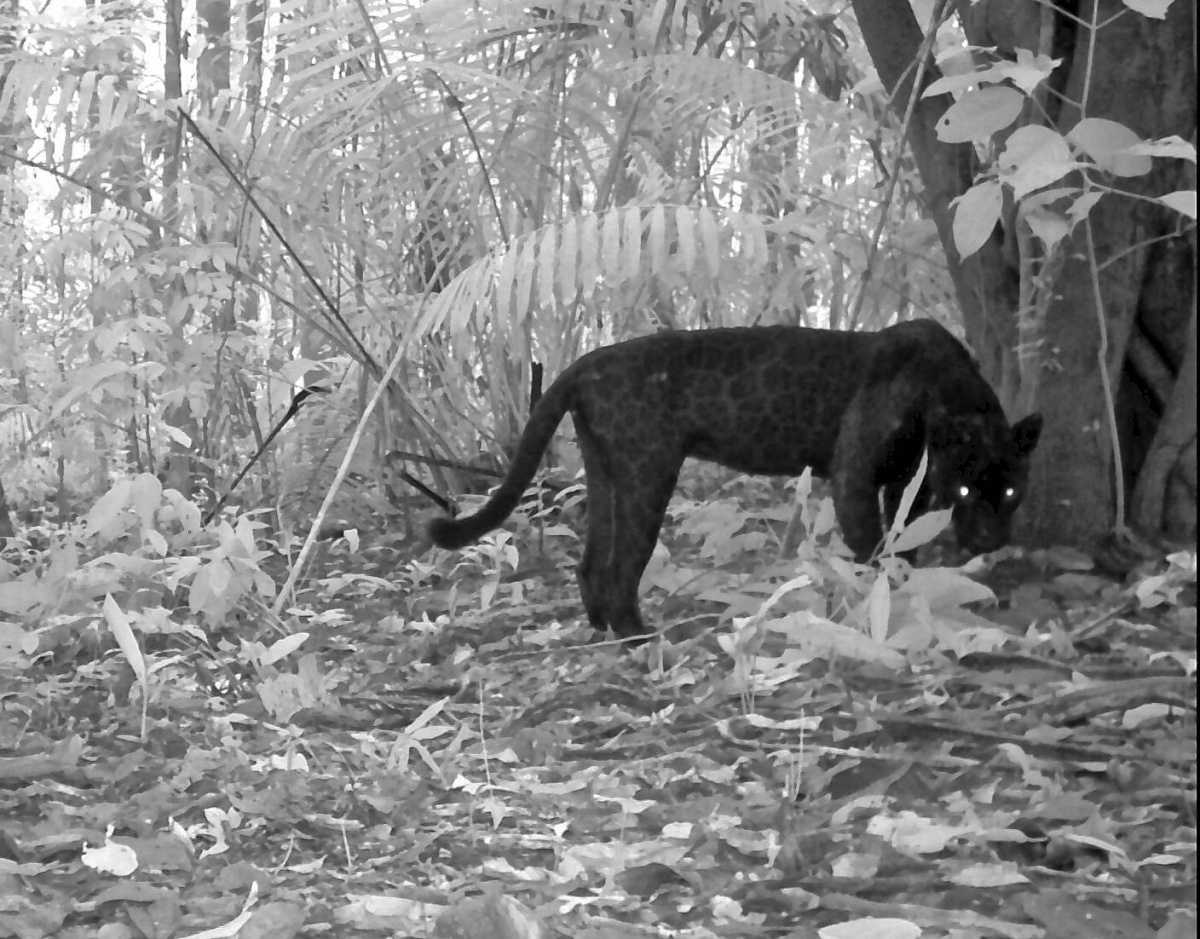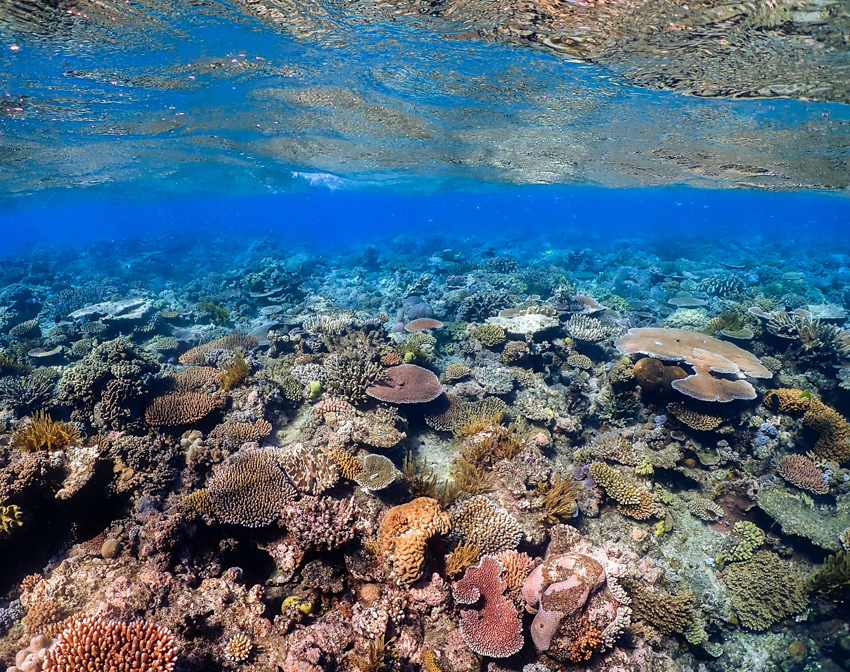Key Biodiversity Areas - governance workshop underway in Brasilia
This week, a number of conservationists are meeting with representatives from Mexico, India and Brazil to discuss the identification and governance of Key Biodiversity Areas (KBAs) - places recognised for their important fauna and flora. The process for identifying KBAs is the focus of a project funded by the Cambridge Conservation Initiative’s Collaborative Fund for Conservation.
Participants at the governance meeting which will be held from 6-9 November 2013, will include the CCI project’s partners, IUCN, BirdLife International, and UNEP-WCMC, as well as representatives from the governments of Mexico, India and Brazil, academics, national and international conservation organisations, indigenous people and local communities, and the private sector.
The project’s coordinator, Annabelle Cuttelod, of the International Union for Conservation of Nature, explained the importance of approaching this issue collaboratively. “Through the collective expertise of CCI organisations, we are able to create a world standard to help countries around the globe to identify and conserve the most important places for biodiversity.”
Knowing the locations of areas containing significant fauna or flora is the first step towards protecting these places. Under the Convention on Biological Diversity, governments made a commitment to expand the global protected area network significantly by 2020, with an emphasis on areas of particular importance for biodiversity.
This raises the question of how to identify areas of importance for biodiversity. Important Bird Areas and Alliance for Zero Extinction sites are examples of approaches designed to address this question; and have generated substantial benefits for nature and people. However, there is a need to develop a consolidated, globally-agreed standard on KBAs, which applies to all biodiversity (at the genetic, species and ecosystem levels) located across the world’s terrestrial, freshwater and marine regions. Obviously, the development of a global, all-encompassing set of areas with such a broad remit is a complex process, of which governance is an important aspect.
At the end of the governance workshop, which is being hosted by the Brazilian Ministério do Meio Ambiente in Brasilia, the participants hope to provide the recommendations needed to write a guidance document for the application of the new KBA methodology. This will include discussions around who can and who cannot propose KBAs, and what mechanism might be employed to ensure the quality of KBAs remains consistent across the entire network.
The outcomes of the governance workshop will be amalgamated with outcomes from other workshops and meetings about the methodology for KBA identification. In June 2014 the KBA methodology will be finalised, ready for its launch at the World Parks Congress in November 2014.
For more information, please contact:
Annabelle Cuttelod
Conservation Planning Officer – IUCN Global Species Programme
Annabelle.CUTTELOD@iucn.org
